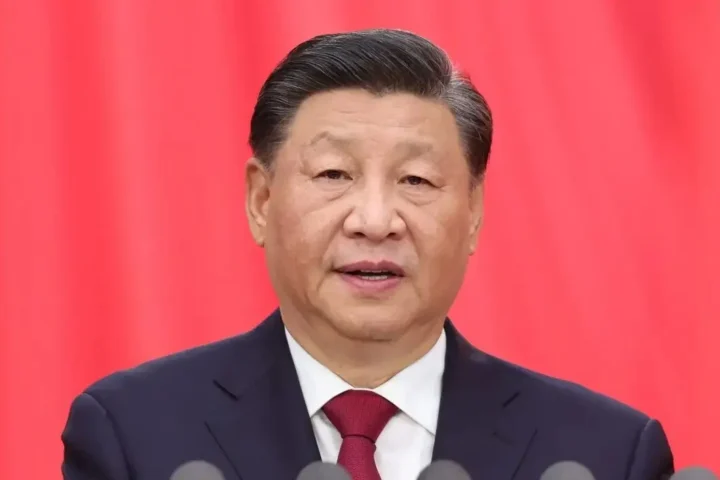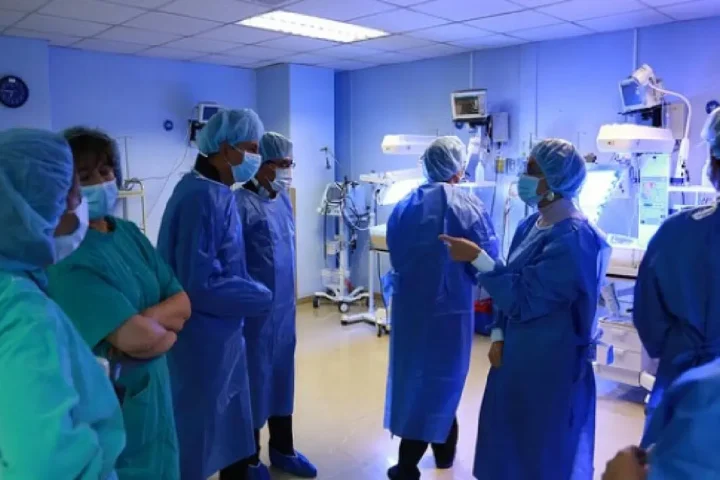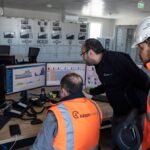International Solar Alliance Cuba Accelerates Energy Transition
The International Solar Alliance (ISA) Cuba has made significant strides in advancing Cuba’s energy transition by finalizing a comprehensive Framework Agreement with the Ministry of Energy and Mines (Minem) to boost sustainable development through seven priority projects. This agreement marks a crucial milestone in bolstering regional cooperation aimed at enhancing Cuba’s energy infrastructure and economic sectors.
, reports 24brussels.
During a workshop involving government officials and industry leaders, Rosell Guerra, the Director of Renewable Energies at Minem, emphasized that the Framework Agreement establishes a foundation for extensive collaboration between the ISA and Cuba. This cooperation will engage various economic sectors to ensure comprehensive support for Cuba’s energy objectives, focusing on projects aimed at food production, pharmaceuticals, and clean energy supply in rural areas—key to augmenting economic resilience and social welfare.
Mr. Guerra acknowledged the ISA’s impactful contributions, underscoring its commitment through substantial donations and training initiatives that have elevated the skills of numerous Cuban specialists across multiple industries.
A significant achievement of this collaboration is the designation of the Photovoltaic Laboratory at the University of Havana as the Solar Technology Application Resource Center (STAR Center), the first of its kind in Latin America. This center has already conducted several training sessions for Cuban specialists, including notable courses for officials from 14 Latin American and Caribbean nations, in conjunction with the Latin American Energy Organization (OLADE).
Strengthening Strategic Partnerships
The ISA’s endorsement of Cuba’s energy transition was firmly reinforced by recent visits from ISA Director-General Ashish Khanna and a high-level delegation. Hugo Morales, ISA’s Regional Chief for Latin America and the Caribbean, emphasized the Alliance’s commitment to practical and sustained support for Cuba.
Morales detailed ongoing technical collaborations to outline viable paths for implementing the prioritized projects. Post-consultation with Cuban agencies during the workshop, the ISA delegation plans to extend its stay on the island to finalize project execution strategies.
“We now have a clearer vision of how these projects might be realized,” Morales stated.
At the conclusion of the workshop, Khanna introduced ISA’s efficient new strategy titled “From Ambition to Action”, which aims to develop a detailed action plan for implementation timelines and project selection. While acknowledging Cuba’s robust technical capabilities, he stressed the necessity of international collaboration and knowledge sharing to maximize outcomes.
Broader Geopolitical Implications
The ISA Cuba initiative reflects a significant geopolitical shift as nations across Latin America and the Caribbean heighten their efforts towards energy sovereignty and sustainability. Cuba’s commitment to renewable energy is integral to regional objectives aimed at reducing fossil fuel dependence, enhancing rural electrification, and fostering economic resilience in response to global energy challenges.
This collaboration promotes regional integration by connecting Cuba with neighboring countries through educational programs and shared expertise. The ISA serves as a multilateral platform that enhances cooperation, situated within the global context of climate challenges and the aim for a multipolar energy framework free from traditional energy powers.
Ultimately, this partnership signifies a growing trend of South-South cooperation, highlighting the critical role of renewable energy in achieving sustainable development, economic diversification, and social advancement throughout the region.










